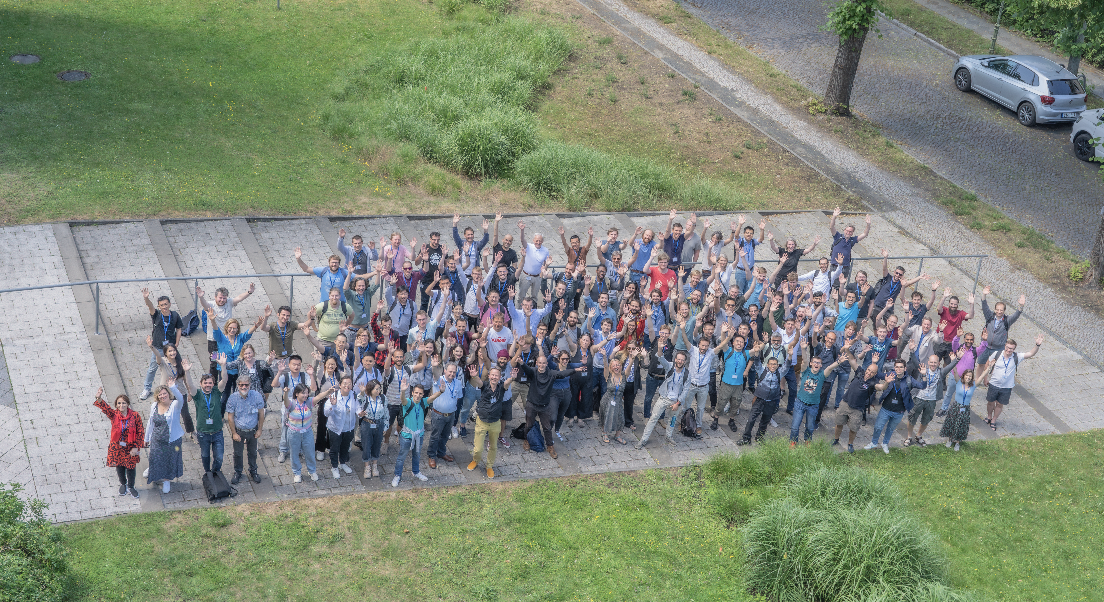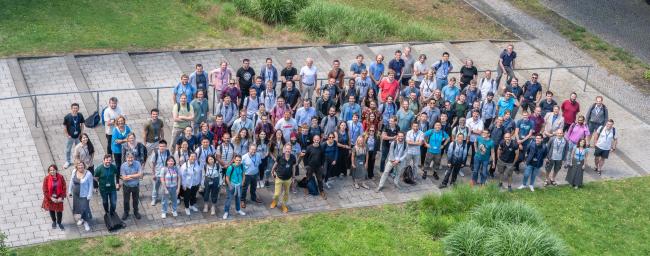This course, which featured a series of captivating lectures and hands-on activities, was an excellent opportunity to learn and create lasting memories with present and future professionals in the field.
In specialised courses like this one, the hands-on experiences are pivotal in bridging the gap between theory and practice, giving participants a deeper understanding of the subject matter. "This school had four times more students performing RF hands-on experiments compared to the CAS Advanced Accelerator Course, and that means that the amount of material and the number of instructors had to be increased substantially!" said Manfred Wendt, one of the organisers of the RF training for the CAS hands-on. With an impressive turnout of 34 dedicated lecturers and hands-on specialists, the engagement of the professionals behind the hands-on activities was remarkable. CAS shipped RF measurement equipment from participating institutions, filling rooms on two floors at the venue. This enabled all the students to exercise using state-of-the-art RF equipment and explore the various possibilities around RF measurements and instrumentation. "We shipped the material from three labs: CERN, GSI and The University La Sapienza, from Rome. Being still shy on RF measurement equipment, Keysight Technologies generously provided a loan of additional six high-end RF instruments. This enabled us to arrange 12 hands-on RF experiments running simultaneously throughout the afternoons, which would not have been possible without the great help of the expert instructors. You cannot see that every day in a school." said Manfred, "We also received a lot of help from our local organiser Helmholtz-Zentrum Berlin (HZB), loaning us some material for the school and supporting us through the two weeks; it is always helpful having a lab on-site", concluded Manfred.
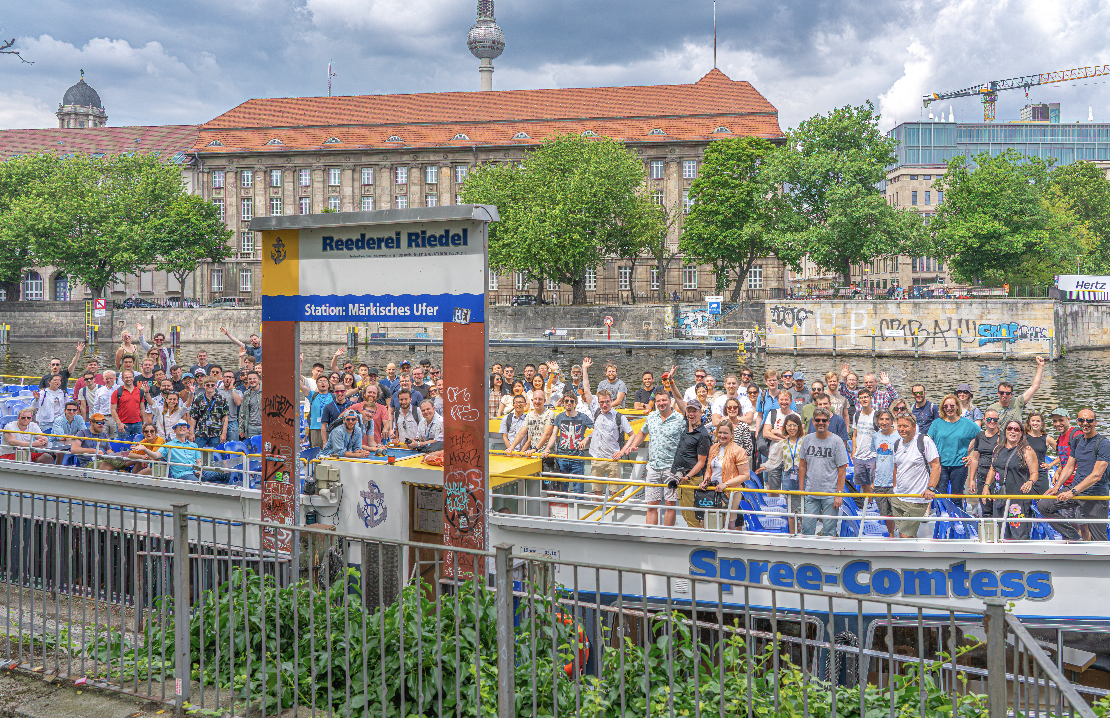
This hands-on approach further solidified the participants' understanding of radiofrequency principles and demonstrated the importance of practical skills in scientific exploration. "We learn here from experts who solve RF-related issues during their work. This is a value no book and no university lecture can provide - the opportunity to exchange experiences with professionals: lecturers and often also the students." said Szymon Myalski, one of the participants and an accelerator scientist responsible for LINAC (RF) system of the MedAustron Ion Therapy Center.
The hands-on on the CAS Advanced School is impressive. Still, a specialised course in RF is a unique opportunity for any professional interested in RF technologies to speed up their skills. "The professionals involved in the hands-on provided invaluable involvement, energy, generosity and support to the participants." Said Christine Vollinger, deputy director of CAS. Christine was also one of the experts organising this course's practical side.
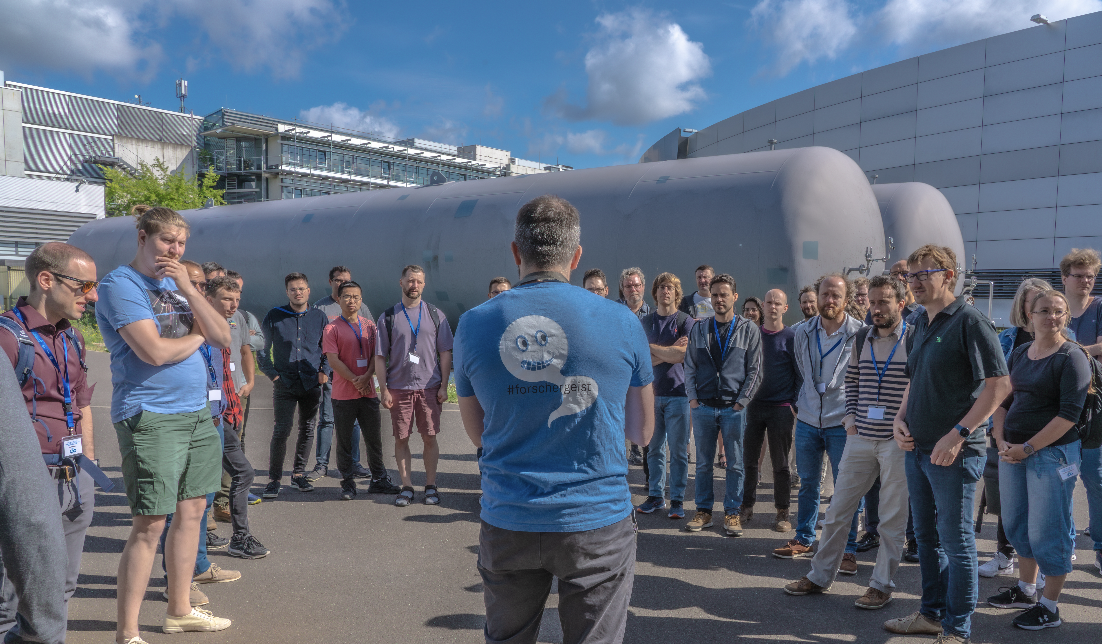
HZB also organised an unforgettable visit to their installations. Students were shown the SRF (superconducting radio-frequency) infrastructure during the tours through five themed stations. Each group of 10 students had a "station expert" from HZB to explain the scene. A sixth station provided cold drinks and cookies while posters on the HZB research could be viewed.
The course stood out due to the impressive number of 27 nationalities its attendees represented. This diverse group of professionals showcased the spirit of international cooperation and collaboration. Additionally, it was one of the most significant courses last year regarding participant attendance. There was such a big demand that we could not accommodate all the participation requests due to the limited number of places. "RF stands as a crucial subject in accelerator technology, and the overwhelming interest in this course indicates the need for its more frequent coverage," says Frank Tecker, director of CAS.
The previous RF school that CAS organised was in 2010. The school was foreseen for 2020 in Kaunas, but due to Covid, everything had to be delayed. It was a long wait for some students who wanted to take advantage of this opportunity.
The involvement of the participants was also visible during the poster session.
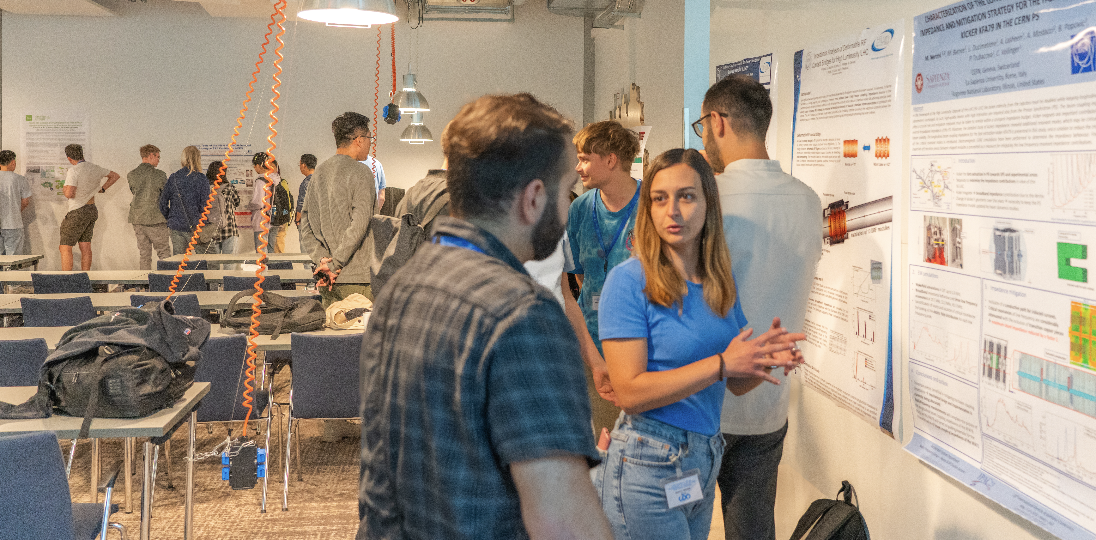
The CERN Accelerator School Course on Radiofrequency has left an indelible mark on the participants and the field of accelerator science. The evaluation results that all CAS courses prepare for assessing the quality of the courses confirm the success of this school. The engagement, diversity and collaboration experienced are a testament to the importance of international cooperation and the pursuit of scientific knowledge.
If you want to take a look into the images of this course, here you will find some pictures.
Let us continue to foster international cooperation, celebrate diversity, and push the boundaries of scientific knowledge.
We invite you to take a look at our next school this September in Spain. We will have an Introduction to Accelerator Physics course aimed at laboratory and university staff and students, as well as manufacturers of accelerator equipment. It introduces the fundamental concepts of beam dynamics and underlying accelerator systems. This is a perfect way to get an introduction to the field and to prepare for your future in accelerator physics.
Some places are still available, and registration is open till 11 August 2023.
Take a look here!
